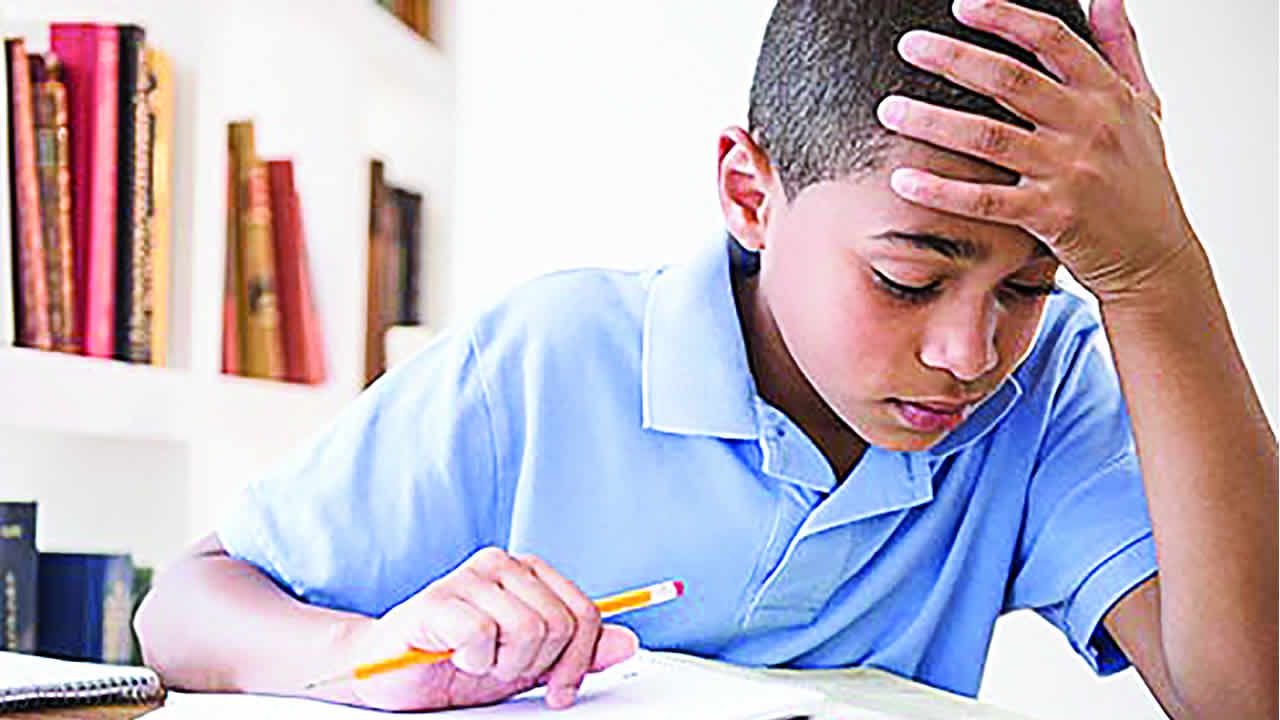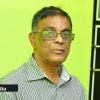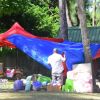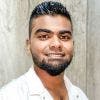
Our secondary school students are in the middle of the second term. An important period of the school calendar, this specific term has to be judiciously prepared not only to improve student performance but also to better tackle the end of year exams.
Publicité
Classwork, homework, research, revision, extra-curricular activities... we all know that school life is stressful, especially during the second term. However, it is the most essential period of the academic year, as the major part of the school year programme is completed before the end of finals. As the President of the Federation of Private Secondary School, Bashir Taleb, underlines, the second term is the time when the bulk of the programme is tackled.
“In some institutions, teachers even try to complete the syllabus, especially in higher forms. Therefore, students have to be regular and work with assiduity. They have to digest a lot of facts and figures and analyse and understand as much as possible. Whatever is done in class must be revised at home and shady areas where understanding is not clear must be taken up with the teachers. If there is no time and the teachers are pushing on with the syllabus, then these areas must be marked for later. Tuition teachers may also be consulted. However, students who are targeting very good results must battle to grasp every aspect of the syllabus at the pace which the teachers are working. This is a real challenge: Help from outside school, such as parents, siblings, friends, among others, may be sought. Some stress is inevitable during this term,” explains Bashir Taleb.

Dr Hassam Coowar, Rector of Mauricia Institute, is also of the opinion that the second term is most important for primary and secondary students, as it is the longest term when the syllabus in all areas will have to be completed.
“With the PSAC exam, there is a part of the exam which is scheduled in July/August. As for SC/HSC candidates, their schools usually organise mock exams in July. So, it is obvious that this is not the time for absences from school under the excuse that the syllabus is over,” he utters. He believes that parents should not be duped by their wards who claim that nothing is being done at school and they prefer to stay at home for revision. “The Ministry of Education is right in setting the 90% attendance for secondary students,” he states.
Manage the stress
Indeed, many students face a stressful time as well during this period, as they have to juggle between so many things and at the same time, keep track of their performance. How to deal with the stress? “A certain level of stress can be helpful to keep the focus and concentrate on work,” trusts Bashir Taleb.
“It is extremely important for every learner to carry out self-assessment exercises periodically to determine how much of the programme covered in class they have grasped. If they are lagging behind, they have to find more study time by cutting down on other activities so that they are at par with the pace of the class. Stress levels will then go down. It is a question of finding the balance. Depending on the subjects being studied and the expectations of the students, it is possible to isolate some parts of the programme which students find too problematic for them, so as not to waste too much time on certain topics to the detriment of others. But the advice of teachers must be sought imperatively,” he explains.
Moreover, it is as important for the youth to dedicate some time to extra-curricular or any physical activities, which are known to create a feel-good factor. “All activities of a non-academic nature can help to lower stress. Non-competitive sports, healthy entertainment and social events, spiritual exercises, even social work can help to relieve stress. It is quality, not quantity that matters. A short pause between studies helping someone preparing the meal and taking pleasure in the activity can be more relaxing than a whole hour of playing computer games,” highlights the President of the Federation of Private Secondary School.
Manage time effectively

But in order to be able to juggle between these, it is also crucial for the student to know how to manage her/his time. Harnessing time is one of the secrets of success in life and people should start learning how to do it since a young age. Those who while away their time will never know its value. The person who works with a time table constantly calculates time and knows the value of every minute,” says Bashir Taleb.
He trusts that students must learn to schedule time so that they can strike a balance between study and non-study time. “Whenever it is required of them to increase study time, they can review the schedule and adjust. Regularity is very important in studies. A student must know that the bulk of her/his time must be devoted to studies and this must be reflected in the time- table.”
Maintain performance
For Bashir Taleb, performance depends on motivation. As he explains, “external motivation comes from school, teachers, parents and peers. Internal motivation is the drive to succeed found inside every individual.” He trusts that students must seek feedback from their teachers in order to situate themselves. “All responsible parties must also play their role in motivating learners to maintain and improve their performance, not just during the second term but till the eve of the examinations,” he adds.
However, explains the President of the Federation of Private Secondary Schools, we must concede that we do not live in an ideal world and some people are better supported than others.
“This is why every student must understand that no one owes them a living and that, at the end of the day, they have to take their lives in their own hands. Hearing praises from others creates a good sensation but nothing can be compared to our own image of ourselves when we are moving ahead in life, the feeling that ‘Yes, I’m doing it …. Yes, I can do it ……yes, I can do better’ is indeed incomparable,” he points out.
Dr Hassam Coowar, on his side, trusts that “it is through regular class work, structured questioning and correction of the given work with marking that the learner will make her/his self-assessment.”
Regarding performance improvement, he states that “the teacher will work with learners individually, will assist in model answers, will follow the performance closely and will determine more work to be submitted daily to follow performance improvement.”
Set up a schedule
The rector of Mauricia Institute emphasises that no private tuition can ever replace the amount of work done at school. “There is a subject teacher, syllabus is being cleared, and application works through past exam papers or other assignments are set. Marks are being allocated to all these practices. The student is able to follow her/his academic progress. Work does not end at school nor does it start in tuition which is relatively short, where there is group learning and another queue of students waiting outside.
The tuition teacher is simply working in bulk. It is at home that the learner must have a schedule with specific subjects at a given time. Homework means lesson learning, application work and creative written work. It is advised not to burn the midnight oil, as learners will go to sleep at latest 10:00 in the evening but shall rise early the next day,” explains Dr Hassam Coowar.
Parents’ responsibility
According to Balla Ramanjooloo (MSK), President of the Parents Teachers Association (PTA) at the Dr Maurice Curé State School, the second term is a very significant time: Students need much more preparation, as they will be assessed at the end of it.
“By the end of the second term, most students would have finished their syllabi and they will be assessed through the mock exams. So they need to prepare themselves well and for this, they must be regular at school bearing in mind the percentage of attendance required by MOE. Moreover, they must be constant in their studies. The students must be very attentive to their teachers in class and also all homework must be completed. Sometimes, because some students have already completed a certain topic in their private tuitions, they have the tendency to stay away from that particular subject in class. It is something that they must avoid doing.”
However, Balla Ramanjooloo underlines that parents have a major responsibility and role to play. “My advice to parents is to encourage their children to do sports, play some musical instrument because sports and music coupled with academic studies bring an overall development in the student. They must also ensure that these young persons have a healthy breakfast to start their day, in addition to checking their copybooks daily so as to know what has been done in class. Parents must keep a copy of their ward’s school timetable handy so as to monitor their work at school.” He trusts that in order to keep away the stress, quality family time is essential.
“Family outings is important such as spending some time at the seaside, trekking in the forest, simple things like outings to pluck guavas, watching movies at the cinema, doing some shopping at the mall, among many others.”
Constant support
For the President of the PTA, parents must provide constant support to their wards. How? “Parents must prepare a well-defined timetable for the after school hours and monitor it. They must set a time for studies and subject wise, a time for surfing on the net, a time for enjoying songs on YouTube, a time to chatting with friends, among others. Parents must also ensure that assignments have been completed. Parents must especially advise their young ones to avoid wandering at bus stations as well because of the many prevailing antisocial behavior existing at such places.”
Balla Ramanjooloo underlines that parents must also help their wards to maintain a well balanced lifestyle as it is key to a healthy body and mind. “Parents must inform their wards of the side effects of unhealthy food and advise them to avoid junk food. They must thus make sure to provide their kids with lots of fruits and vegetables. Another aspect is the physical health. A couple of physical activities such as football, volleyball, tennis, cycling, swimming, trekking, jogging, among others, are strongly recommended. These will be of great benefits and will help them to relax. A few minutes of yoga in the morning is recommended and deep breathing of the morning will also help,” he states.

Notre service WhatsApp. Vous êtes témoins d`un événement d`actualité ou d`une scène insolite? Envoyez-nous vos photos ou vidéos sur le 5 259 82 00 !





















